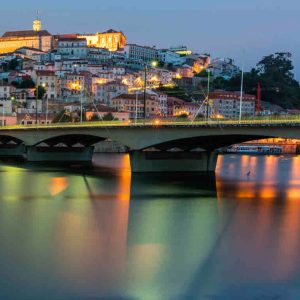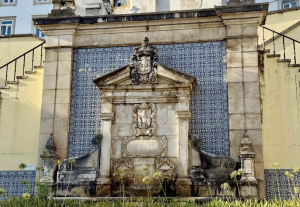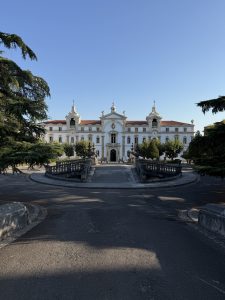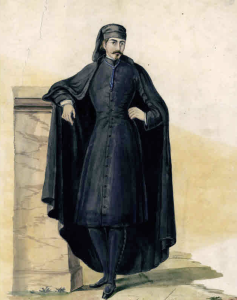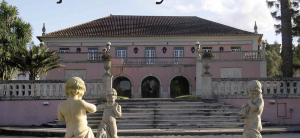Profile
Fernando Bissaya Barreto
Fernando Bissaya Barreto was born on 29 October 1886 in Castanheira de Pera.
A brilliant student, he graduated in Philosophy and Medicine from the University of Coimbra.
A staunch republican, he was deeply involved in the academic strike of 1907 and the student movements that preceded the fall of the monarchy.
Between 1911 and 1915, he was a member of the National Constituent Assembly for the Evolutionist Party, led by António José de Almeida.
He returned to Coimbra and, in 1915, obtained his
doctorate in Medicine, beginning a career as a professor at the Faculty of Medicine, where he worked until 1956, the year he retired.
He stood out as a superior intellectual, eminent professor, notable politician, and philanthropist.
Bissaya Barreto had a profound impact on public health in central Portugal and the city of Coimbra, always dedicating himself to medicine as a true apostolate.
From 1927 to 1974, he chaired the District General Council and the Provincial Councils of Beira Litoral and Coimbra.
He implemented the concept of social medicine, creating a vast network of educational establishments, medical and social assistance, and the fight against major social scourges, on a scale unmatched in Portugal until 25 April.
He founded the Maternal and Child Complex – maternity ward, Ninho dos Pequenitos (Little Ones’ Nest), Nursing School, Lactation Rooms, Outpatient Clinics – and several units in the province, such as the maternity ward in Figueira da Foz, the Paediatric Hospital of Coimbra, 25 Children’s Homes, the Portugal dos Pequenitos Park, schools, seaside and holiday camps, institutes for the deaf and blind, sanatorium hospitals, dispensaries and workhouses.
He stood out in the fight against tuberculosis, with clinics, sanatoriums and hospitals, and in psychiatric care, creating hospitals and rehabilitation centres.
In 1956, he retired.
Two years later, he founded the Bissaya Barreto Foundation, dedicated to promoting quality of life
in the central region of the country, maintaining it until his death in Lisbon on 16 September 1974.
In his will, he left his assets to the Foundation itself, which inherited them universally.

